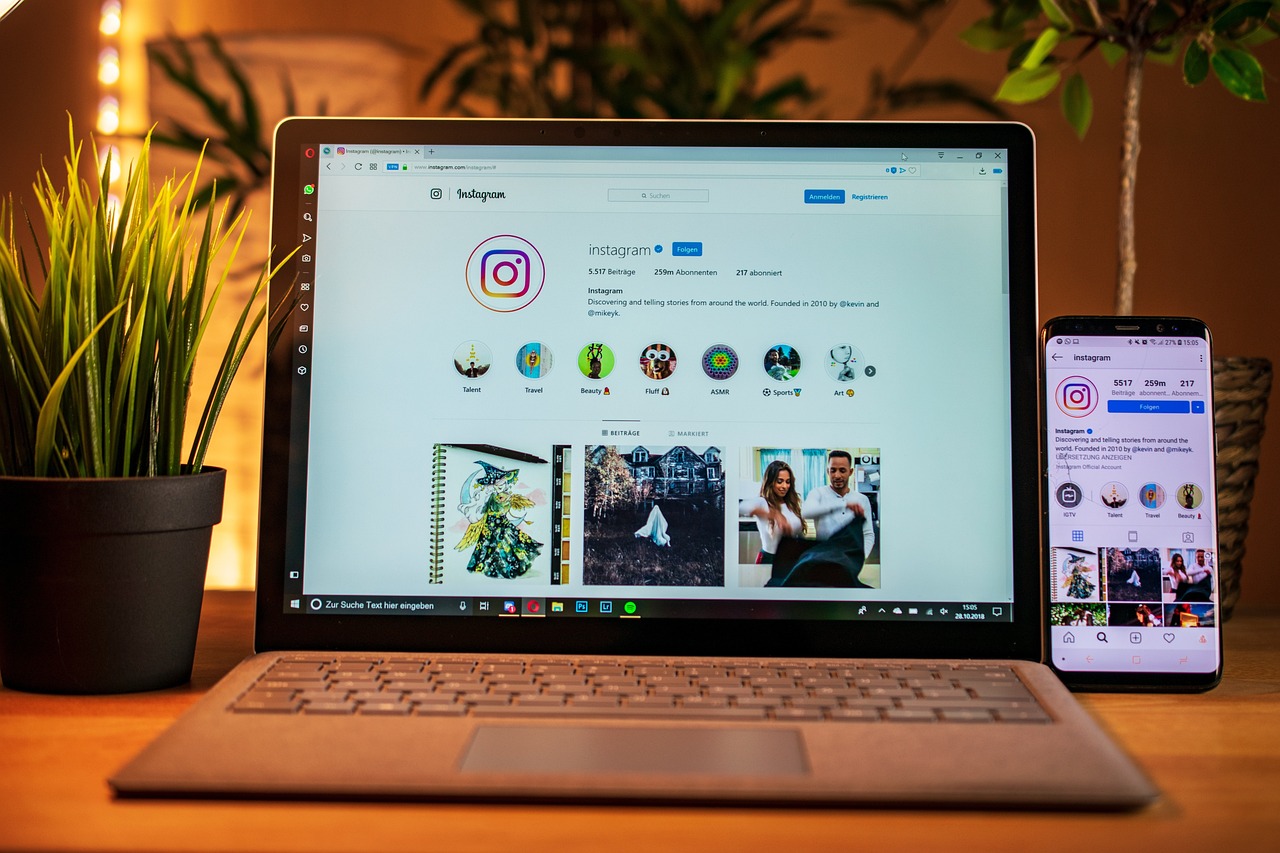In the rapidly evolving world of artificial intelligence (AI), milestones signify more than just technological progress—they shape how we interact with technology in everyday life. OpenAI 150K ChatGPTGhaffaryBloomberg with ChatGPT, referenced alongside names like Ghaffary and Bloomberg, represents a landmark moment that deserves closer examination. What does this achievement mean for innovation, and how does it influence the broader AI landscape?
This article dives deep into the implications of OpenAI’s remarkable progress, the role of key players like Ghaffary and Bloomberg, and what the future might hold for AI technology.
The Significance of OpenAI 150K ChatGPTGhaffaryBloomberg
OpenAI’s success with ChatGPT reaching 150K signifies substantial user adoption and technological advancement. But what exactly is the “150K” milestone? It represents the number of applications, businesses, or individual developers leveraging ChatGPT’s API—a testament to its growing utility and trustworthiness in diverse industries.
This milestone showcases how AI is no longer confined to research labs or niche applications. Instead, it is becoming a ubiquitous tool for professionals, enterprises, and hobbyists. ChatGPT, specifically, bridges the gap between complex AI models and practical, user-friendly solutions.
Why This Matters
- Broader Accessibility: AI tools like ChatGPT are now within reach of more users, democratizing access to cutting-edge technology.
- Industry Transformation: From healthcare to finance, education to entertainment, the integration of ChatGPT APIs is redefining workflows and customer experiences.
- Economic Impacts: The widespread adoption of AI tools signifies an economic shift where efficiency and automation become cornerstones of business strategies.
ChatGPT’s Evolution and the Role of Ghaffary
As we celebrate this milestone, it’s crucial to acknowledge the contributors who helped propel ChatGPT to its current status. One name that often surfaces in discussions about AI and OpenAI’s growth is Ghaffary.
Ghaffary’s Influence in AI
While specific details about Ghaffary’s role in the 150K milestone remain less publicized, their contributions to AI advocacy, development, or implementation highlight a broader network of collaborators essential to OpenAI’s journey. Advocates like Ghaffary ensure that AI solutions remain practical, ethical, and scalable, fostering trust among users and stakeholders alike.
Bloomberg’s Connection to OpenAI
Bloomberg’s influence on OpenAI’s trajectory stems from its dual role as a financial data giant and a proponent of AI integration. Bloomberg has embraced AI to revolutionize financial analysis, reporting, and predictive modeling—fields where ChatGPT’s capabilities are particularly impactful.
As a result, the synergy between Bloomberg’s innovative approach to AI and OpenAI’s versatile tools underscores the potential of collaboration in advancing AI’s utility in data-intensive industries.
The Technical Backbone of ChatGPT’s Success
OpenAI’s 150K milestone is also a celebration of the technical ingenuity behind ChatGPT. Here are some factors that contribute to its success:
- Fine-Tuned Models: ChatGPT’s ability to understand and respond to complex queries stems from its fine-tuned language models trained on diverse datasets.
- Scalability: The robust architecture supports seamless integration into varied applications, enabling scalability across industries.
- User-Friendly Interfaces: By providing intuitive APIs and user interfaces, OpenAI ensures that even non-technical users can harness the power of AI.
- Continuous Improvement: Regular updates and user feedback loops help refine ChatGPT’s performance, ensuring it evolves with user needs.
Real-World Applications of ChatGPT
To appreciate the scope of the 150K milestone, consider some of the real-world applications of ChatGPT:
- Customer Support: Companies use ChatGPT to handle customer queries, offering instant and accurate responses.
- Content Creation: Writers, marketers, and publishers rely on ChatGPT to generate high-quality content, optimize SEO, and brainstorm ideas.
- Education: Students and educators use ChatGPT for tutoring, research assistance, and creating personalized learning plans.
- Healthcare: ChatGPT helps medical professionals with patient queries, administrative tasks, and even preliminary diagnostics.
- Finance: From analyzing market trends to drafting reports, ChatGPT’s AI-driven insights streamline financial processes.
- Retail: E-commerce platforms are increasingly utilizing ChatGPT for personalized shopping experiences, assisting customers in product selection and answering inquiries.
- Gaming: Developers use ChatGPT to create dynamic, engaging narratives in video games, enhancing player experiences with interactive storytelling.
- Legal Assistance: ChatGPT supports legal professionals by drafting documents, summarizing case law, and conducting initial client consultations.
OpenAI 150K ChatGPTGhaffaryBloomberg: Challenges and Ethical Considerations
Despite its success, ChatGPT’s journey to 150K adoption has not been without challenges. Ethical considerations, such as data privacy, bias in AI responses, and the potential for misuse, remain pertinent.
Tackling Bias and Misuse
OpenAI has made strides in addressing these concerns. By implementing robust guidelines and leveraging user feedback, it works to minimize biases and enhance response accuracy. Still, the challenge of ensuring AI is used ethically requires ongoing vigilance and collaboration.
Data Privacy
With increased adoption comes the responsibility of safeguarding user data. OpenAI’s commitment to transparency and secure data practices is key to maintaining user trust.
Accessibility Concerns
While the 150K milestone is a significant achievement, ensuring equitable access to ChatGPT remains a challenge. Bridging the digital divide will require targeted efforts to make AI tools accessible to marginalized communities and developing regions.
Looking Ahead: What’s Next for OpenAI 150K ChatGPTGhaffaryBloomberg?
As OpenAI celebrates its 150K ChatGPT milestone, the question arises: What’s next? Here are some possibilities:
- Increased Personalization: Future iterations of ChatGPT could offer more tailored experiences, adapting to specific user preferences and contexts.
- Integration with IoT: By integrating with Internet of Things (IoT) devices, ChatGPT could become a central hub for smart home management, personal assistants, and more.
- Enhanced Multimodal Capabilities: Combining text, image, and voice processing will unlock new dimensions for AI interaction.
- Global Expansion: OpenAI’s tools could become more accessible in underserved regions, fostering inclusivity in AI technology.
- Regulatory Collaboration: OpenAI’s proactive approach to working with policymakers will help shape the future of ethical AI deployment.
- AI in Sustainability: Leveraging ChatGPT for environmental and sustainability initiatives, such as optimizing energy use or analyzing ecological data, could further align AI with global challenges.
- Collaboration with Academia: Deepening partnerships with universities and research institutions may lead to groundbreaking advancements and practical applications for society.
OpenAI 150K ChatGPTGhaffaryBloomberg: Conclusion
OpenAI 150K ChatGPTGhaffaryBloomberg, enriched by the contributions of figures like Ghaffary and the influence of institutions like Bloomberg, is more than a numerical achievement. It’s a testament to the growing relevance of AI in our lives and its transformative potential across industries.
As we look to the future, the continued evolution of ChatGPT promises not just technical advancements but also profound societal impacts. With innovation and ethical stewardship at the forefront, milestones like this pave the way for a smarter, more connected world. By addressing challenges and embracing opportunities, OpenAI is positioned to lead the charge in shaping the future of AI for generations to come.




